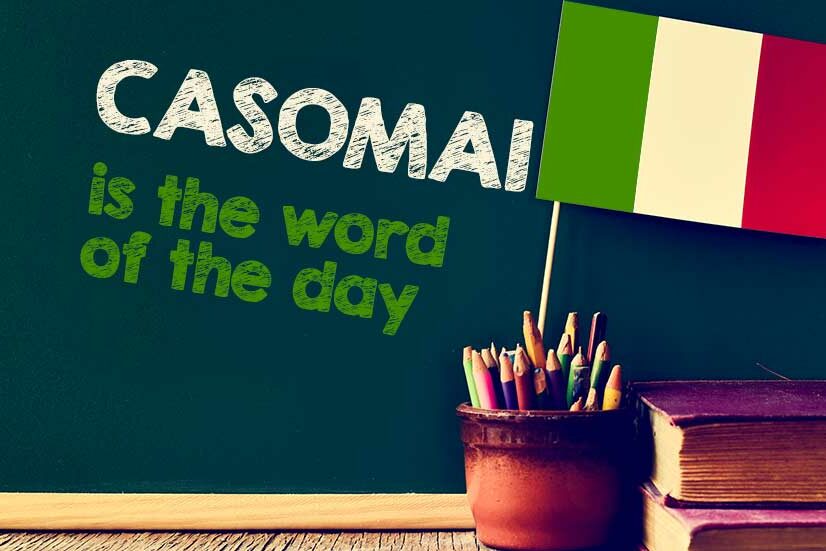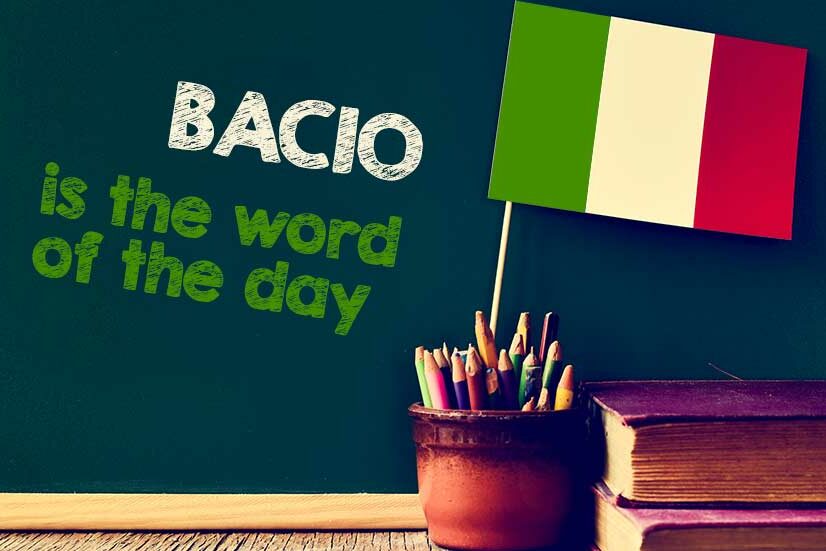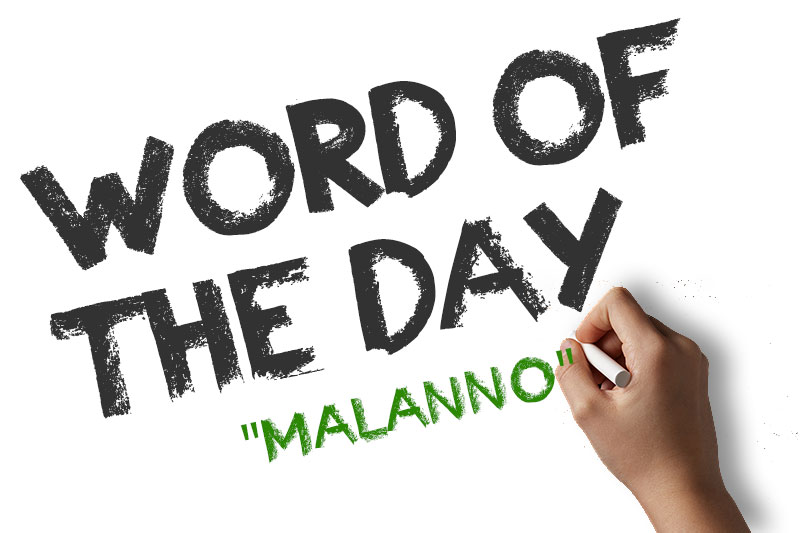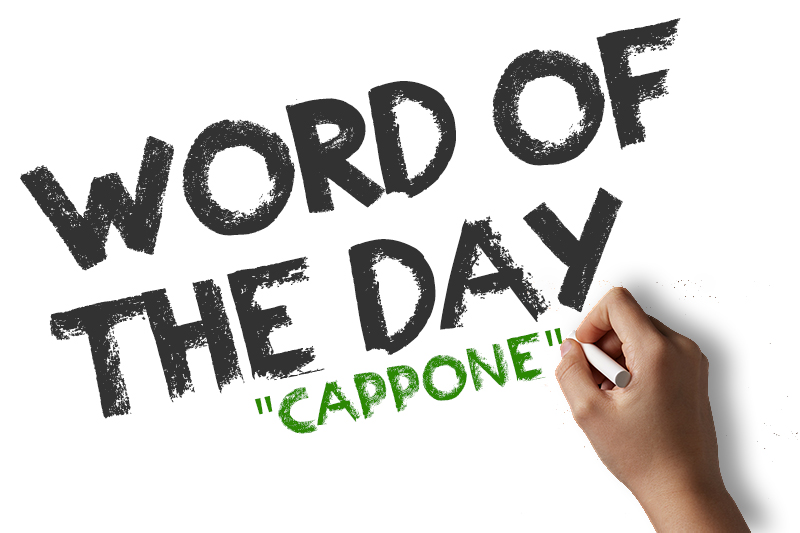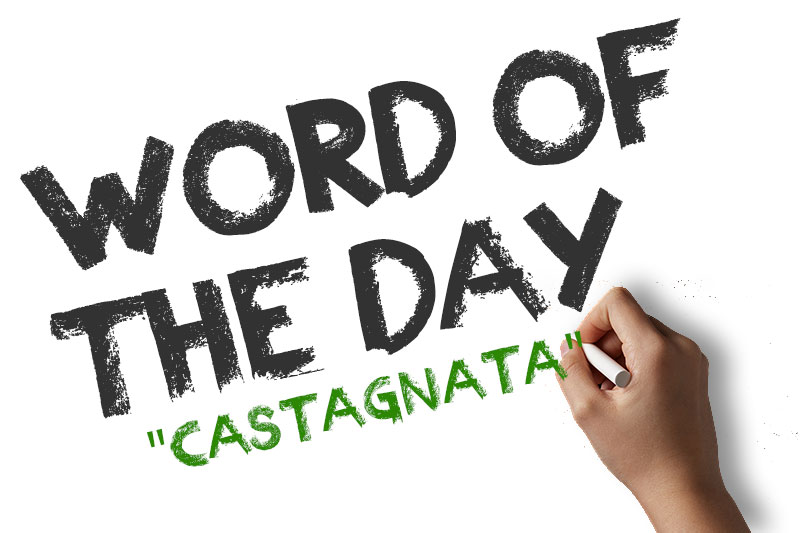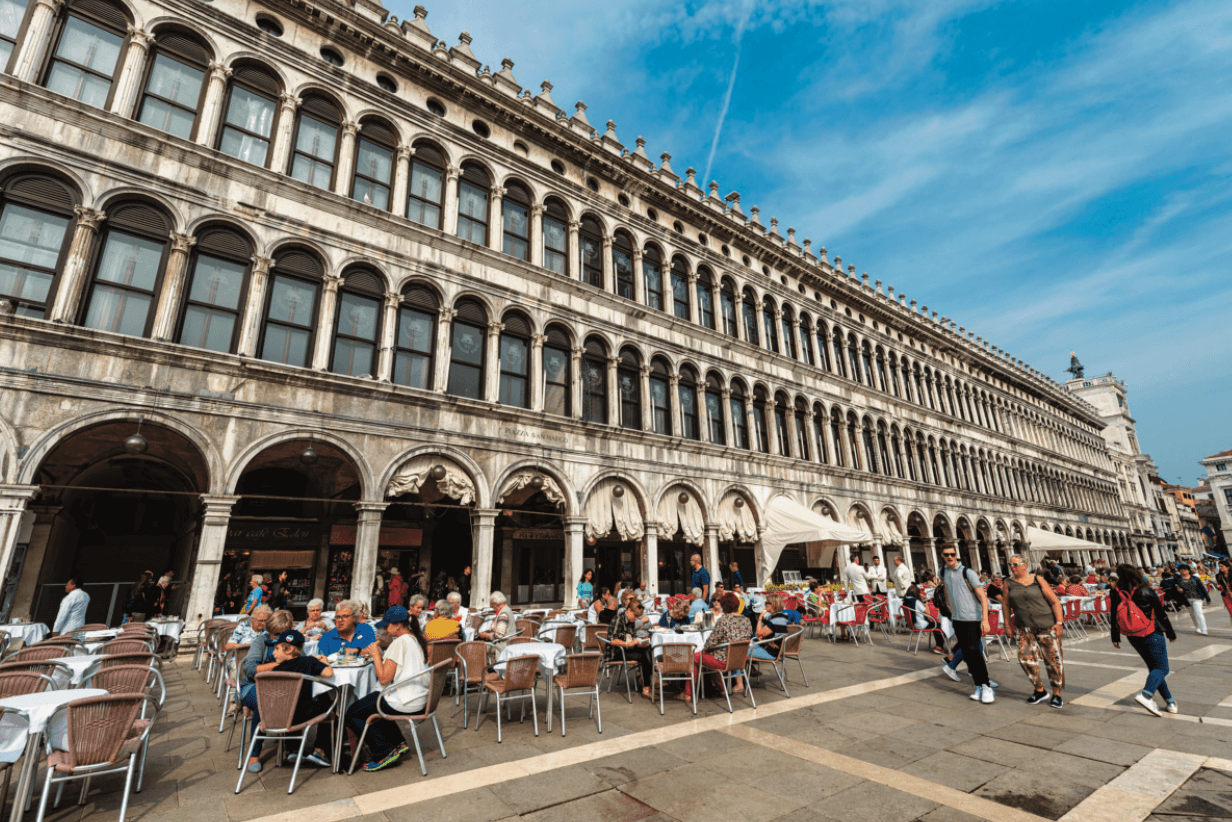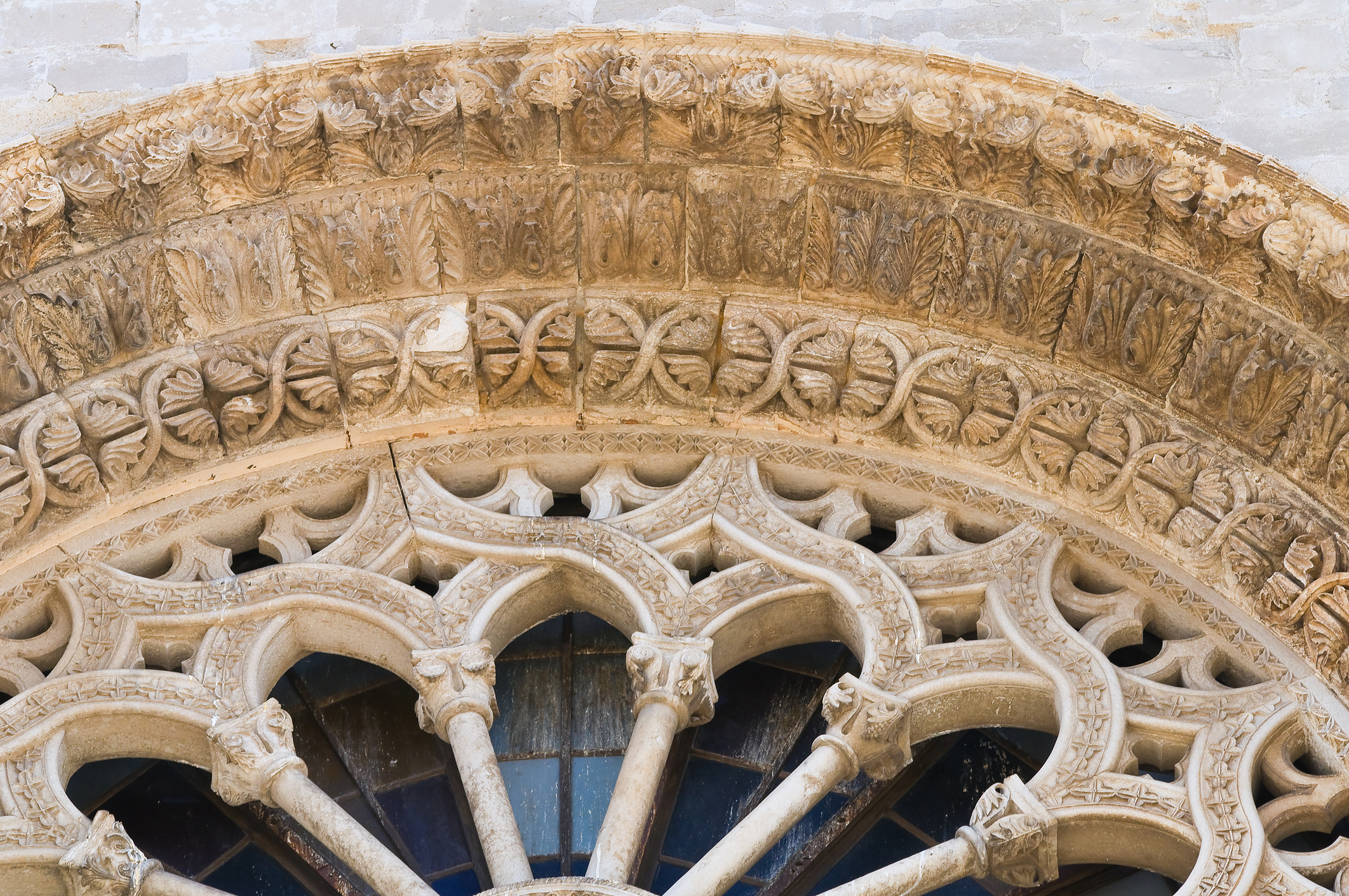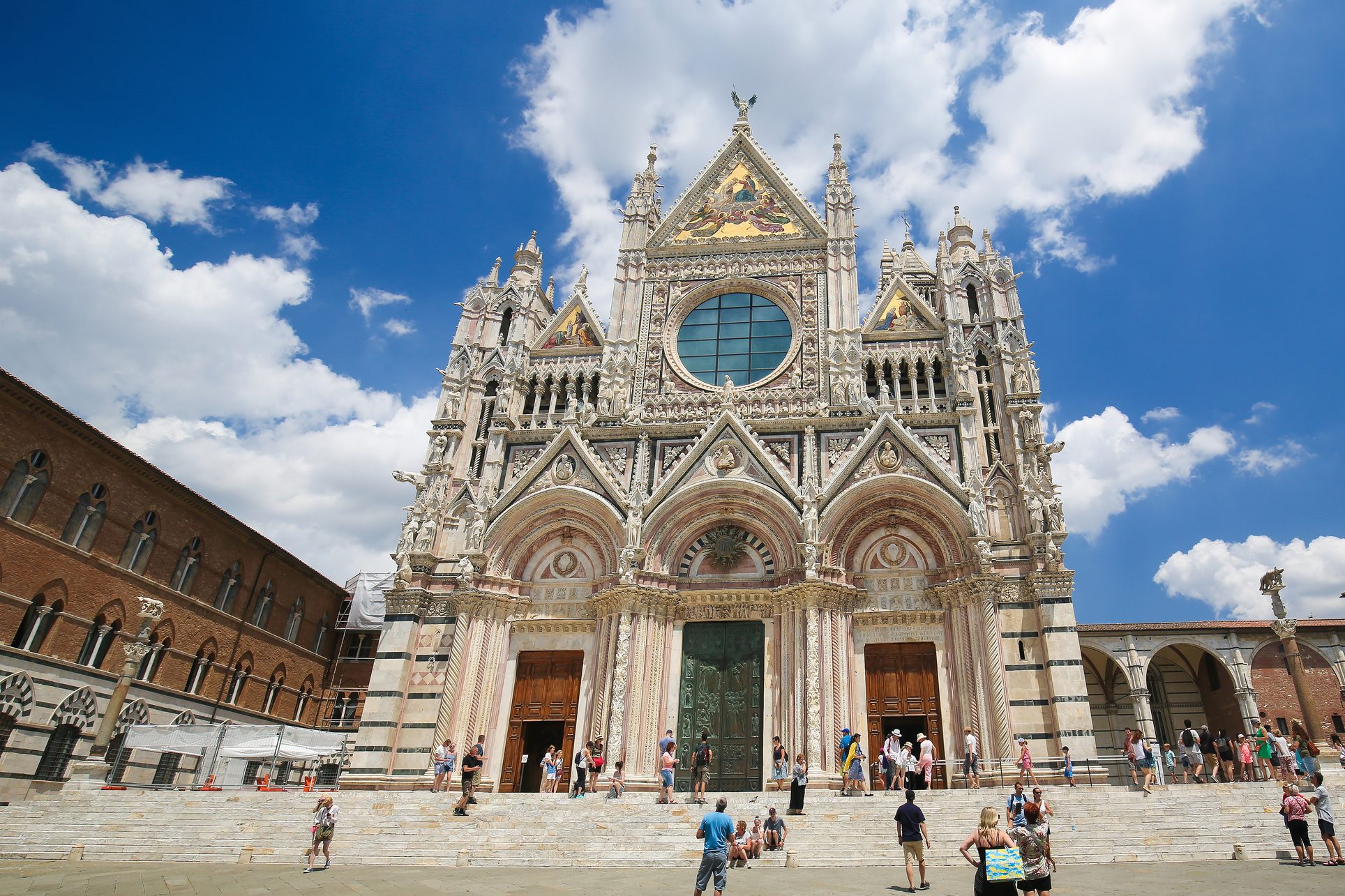Word of the Day
Today’s word opens up a world of possibilities because we use it when talking about …just that: possibilities. Casomai (cah-soh-mah-ee) is the union of two terms, the noun caso (“case,” as in “just in case”) and the adverb mai (“never”). …
Our special word this week is a tricky one because it can truly be interpreted in a million ways. Quandomai – or quando mai, as an adverbial locution– (koo-ahn-doh mah-ee) is formed by two separate time adverbs, quando (when) and mai (ever). We use it commonly, in all …
With Valentine’s Day around the corner, writing about a lovers’ word came naturally. Bacio (bah-tcho) is the most immediate sign of affection; the kiss is ubiquitous and used by everyone who wants to show – more or less passionately, depending on who you’re directing your …
Finally, most of us are vaccinated, and old-fashioned colds are no longer as fearful as they’ve been for the past two years. Yes, fall and winter malanni are back. Today’s word is malanno (mah-lahn-noh, plural mah-lahn-nee), and we translate it …
We’ve all heard of it, but who actually tasted it? Yes, this may well be the biggest question about cappone(kap-poh-nai), capon in English, our Italian word for today. I, just like many of you I am sure, grew up with …
Today’s word is much needed these days. Buondì (boo-ohn-dee, with the accent on the -dee!) is a colloquial term used to say “good morning” or “good day.” It is the union of two other words, buon (“good”) and dì (an old-fashioned version of “day”), and …
Ogni tanto (oh- ñee tahn-toh) is used more than sometimes in Italian! Why do I say “sometimes?” Because that’s what it means. Indeed ogni tanto stands for the English “sometimes,” or “every now and then,” which in fact may be …
Waking up to a frosty wonderland is quite usual in October, especially if you are an early bird. It may not be snow’s soft, glistening blanket — we must wait some more weeks for that — but you may find …
If we think of a recreational activity that speaks of the fall, most of us are likely to mention apple picking. A world of colorful foliage and cerulean skies, crisp air, and Saturday afternoons spent picking the juiciest fruits while …
Sebbene (saib-bai-nai) means “although,” “even if,” “albeit” and pretty much all those little words you can use in English to indicate when something happens in spite of something else. As usual, it is much easier to understand with examples! Sono …


